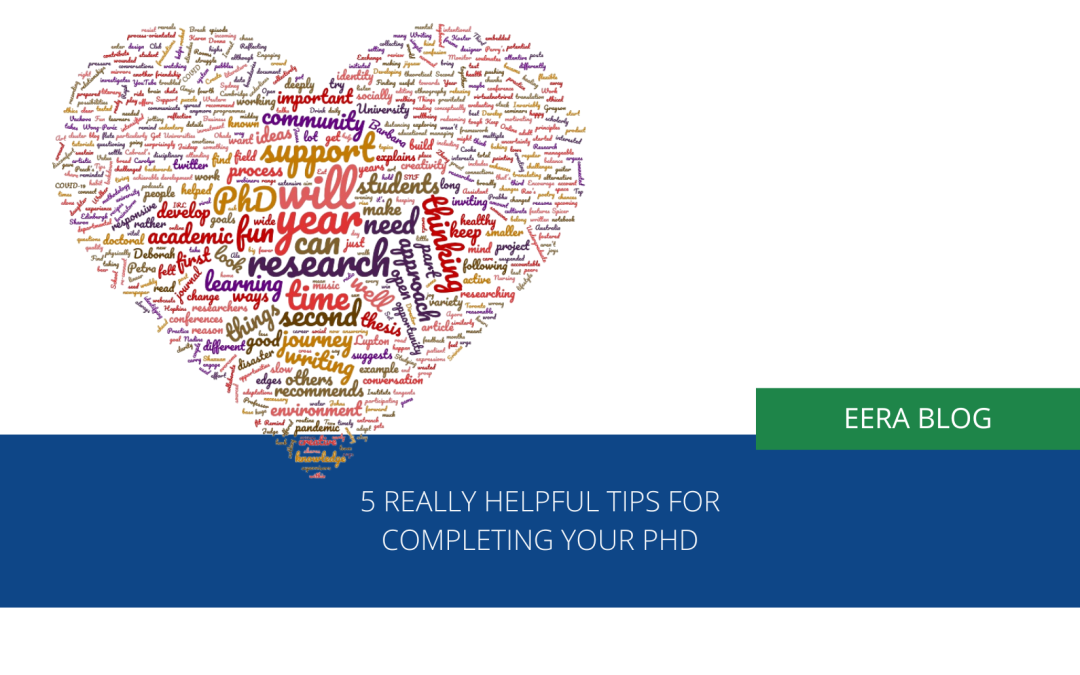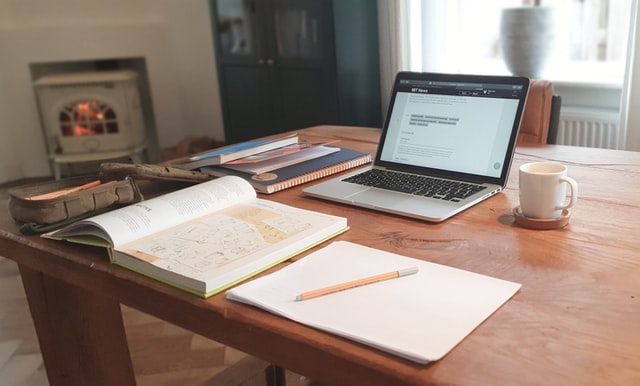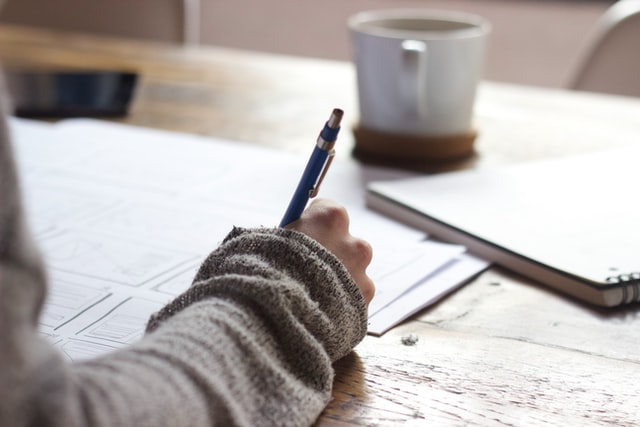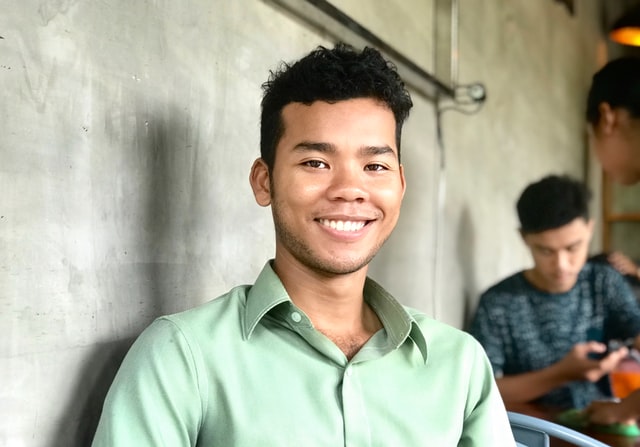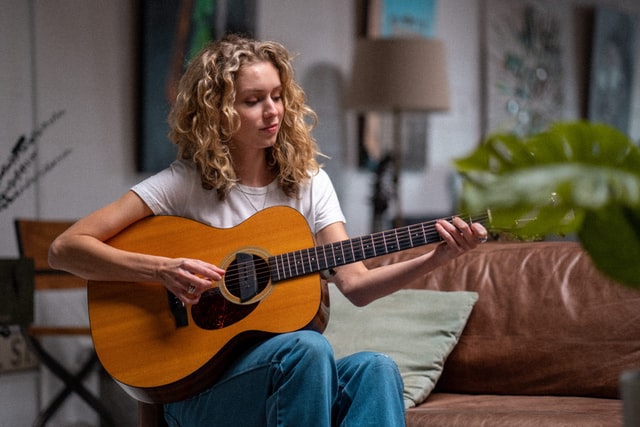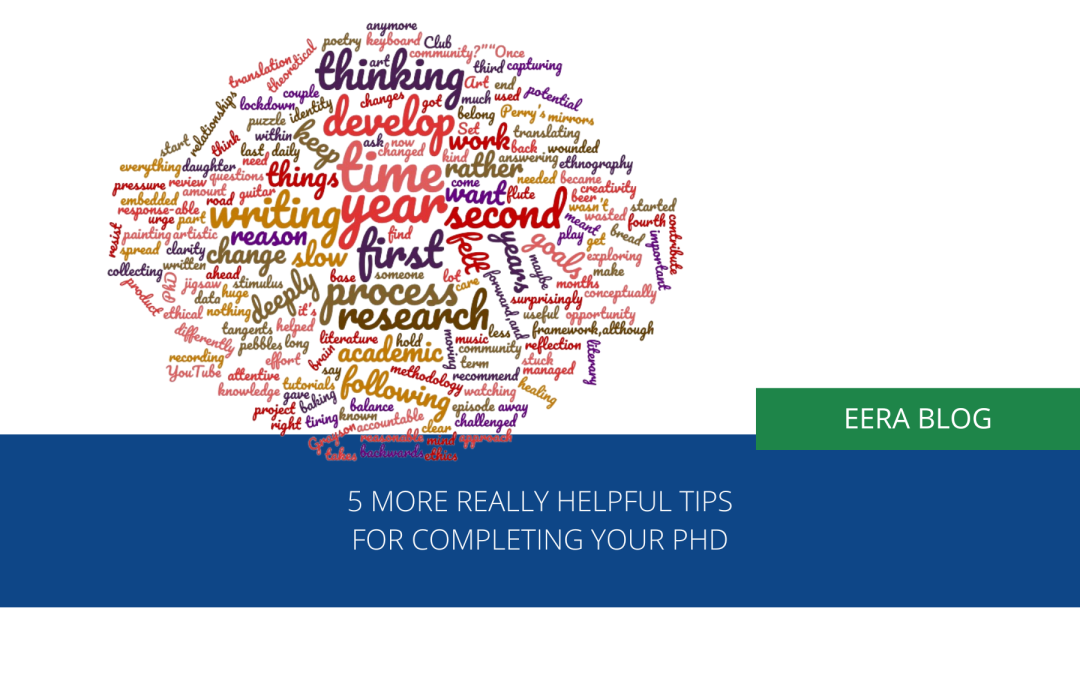
5 More Tips for Completing your PhD
Following the positive response we received after publishing Emily’s 5 helpful tips for writing your PhD, we asked if she had any more advice to share. She dug deep and came up with five more ideas for you to keep your head while the world spins around you!
Break down your thesis into smaller, more manageable chunks
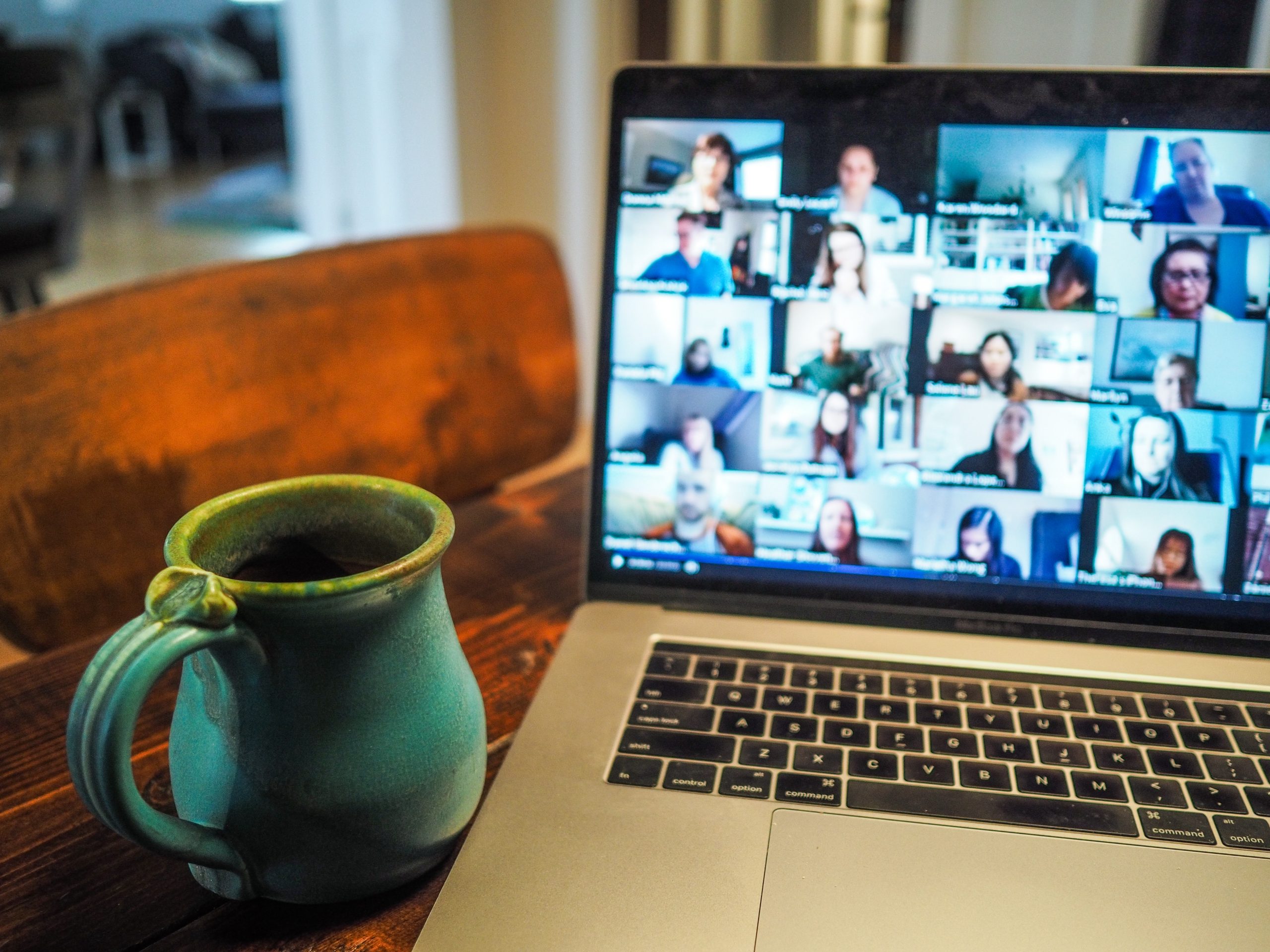
Break down your thesis into smaller, more manageable chunks that you can test out through conference, seminars, and blog posts. Engaging with others will help re-connect you with your community and will support the development of your ideas through feedback and conversation.
Your thesis is an opportunity to build your own community and collaborate with other students, early career researchers as well as your supervisors.
Ale Okada, an educational researcher at the Open University, suggests attending and participating in a variety of events.
If conferences and IRL talks are suspended, then look out for webinars and online conferences.
And of course, EERA offers a range of opportunities to gather feedback on your work, such as the Emerging Researchers’ Group and its LinkedIn community. The yearly ECER is preceded by the Emerging Researchers’ conference.
Be Patient with Yourself
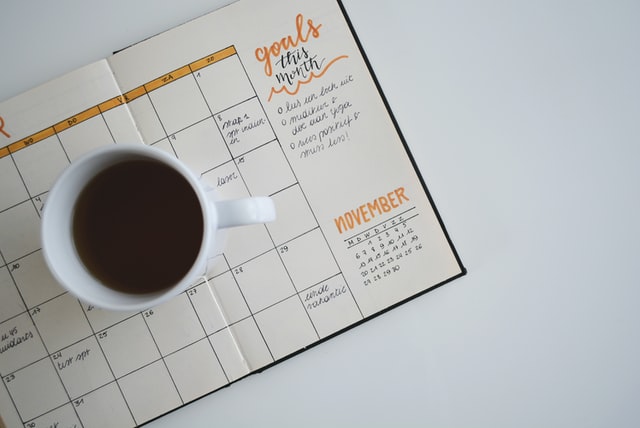
Remind yourself learning is not linear and that all your emotions are expressions of your investment in your thesis.
“Set daily goals that are reasonable and keep you moving forward,” recommends Nadine Janes, Director of Undergraduate Nursing and Assistant Professor at the University of Toronto, “and find someone to hold you accountable to those goals”.
Look After Your Body and Mind

Eat something healthy before midday every day. Drink water. And take yourself for a walk in the evening. Studying from home can entrench the sedentary lifestyle fostered by long hours of writing, reading or editing.
Developing an achievable routine that you can feel good about for your wellbeing is vital. Find out if there is a walking group at your university. Exchange healthy recipes with your peers.
If you aren’t managing your goal, then aim smaller. Being good to yourself includes setting yourself up to win.
Things Will go Wrong Again and Again

But the sun, too, will rise again, and that disaster might be the making of your PhD, or you, or a total disaster with no redeeming features and that’s ok too.
Reflecting on her experience, final year student Carolyn Cooke explains:
“The second year was the year where things changed the most – change of literature base, change of methodology too. These changes meant I had written much which I then felt wasn’t useful anymore but rather surprisingly (to me!) I have come back to a huge amount of it in the last couple of months when writing up as there were things I could develop. So, nothing (no writing, no exploring, no “tangents”) is wasted effort – it’s all part of the process!”.
Practice Identifying Yourself in Different Ways
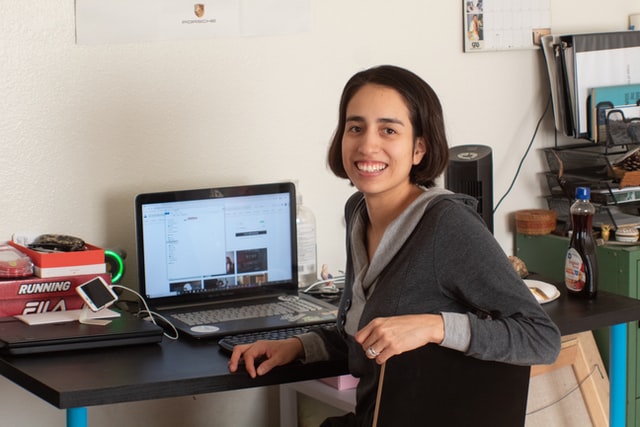
Deborah Lupton recommends taking the time to listen to good quality radio programmes and podcasts, to read the newspaper and engage with others socially.
Finding your academic identity is part of the research journey so read broadly when you can and cultivate connections to your interests including those that cross your departmental or disciplinary boundaries.
“I recommend thinking ahead to say 5 to 10 years down the road and answering the following questions: what do I want my ‘academic identity’ to be? Which academic community do I belong to long term and what do I want to be known for within that community?”, shares Jaideep Prabhu, Jawaharlal Nehru professor of business and enterprise at the Judge Business School, Cambridge, “Once you have some clarity about that, then work backwards and ask yourself: what do I need to do now to get there?”.
NOTE: This post was originally written in October, 2020, during the COVID-19 pandemic. Though the post was originally titled, ‘5 more tips for completing your PhD during COVID-19’, we realised that the advice is just as valid four years later, after the crisis had passed. For this reason, we have updated the post and the title.
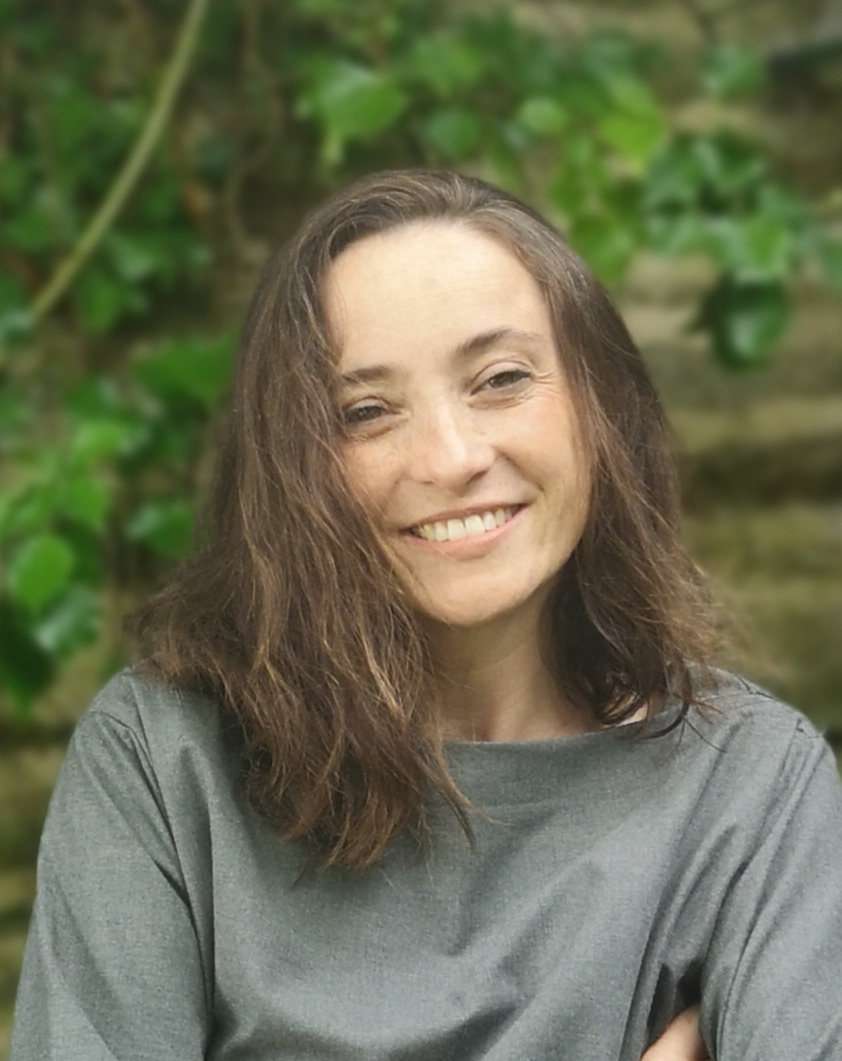
Emily Dowdeswell
2nd Year PhD Student
Emily Dowdeswell is approaching the end of her first year of doctoral research at the Open University’s Faculty of Wellbeing, Education and Language Studies (WELS).
Her area of study includes the intersections between anthropology, the arts, creativity and education.
You can find out more about Emily’s research at http://wels.open.ac.uk/rumpus or on Twitter https://twitter.com/intracommons
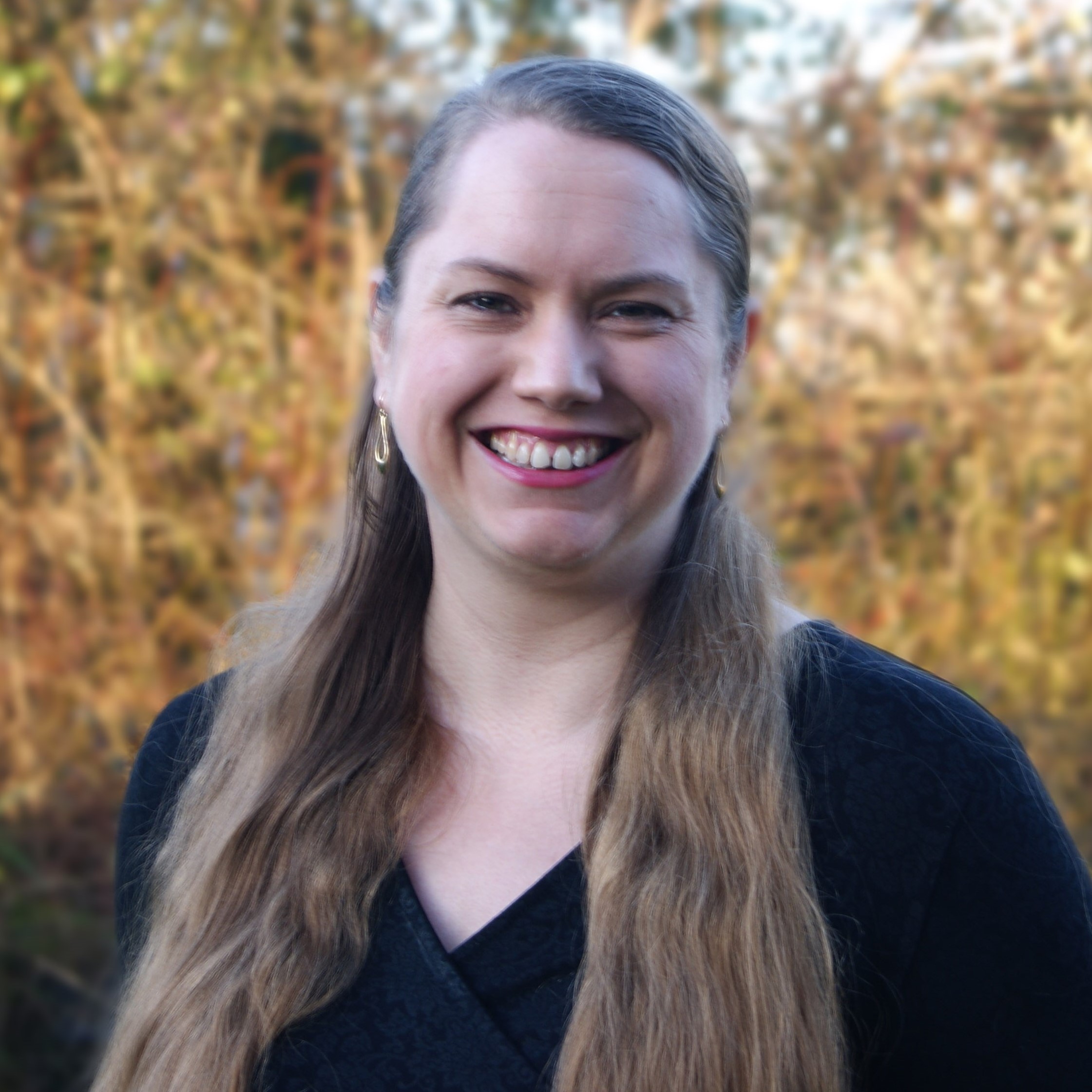
Katherine Langford
PhD student at the Open University's Faculty of Arts and Social Sciences (FASS)
Katherine Langford, BSc (Hons), MBPsS, is a third-year
Katherine Langford
part-time PhD student at the Open University's Faculty of Arts and Social Sciences (FASS). She is researching how secondary school students develop an understanding of especially tricky Physics topics including what intuitive theories, common problems, and misconceptions they have.
Orcid: https://orcid.org/0000-0003-0080-6023

